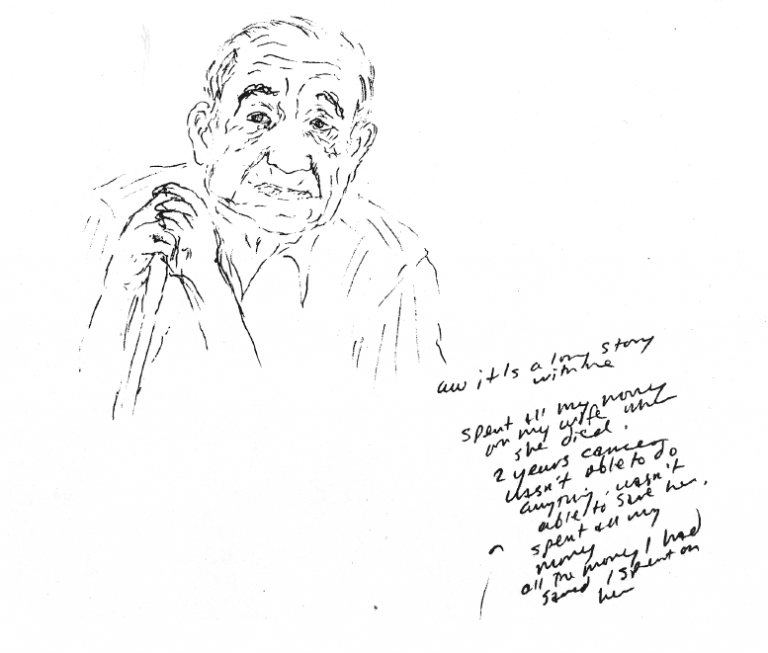Popping the Question
Mitch Kaminski
Mr. Dwyer isn’t my patient, but today I’m covering for my partner in our family-practice office, so he’s been slipped into my schedule.
Reading his chart, I have an ominous feeling that this visit won’t be simple.
A tall, lanky man with an air of quiet dignity, Mr. Dwyer is eighty-eight. His legs are swollen, and merely talking makes him short of breath.
He suffers from both congestive heart failure and renal failure. It’s a medical catch-22: when one condition is treated and gets better, the other condition gets worse. His past year has been an endless cycle of medication adjustments carried out by dueling specialists and punctuated by emergency-room visits and hospitalizations.

